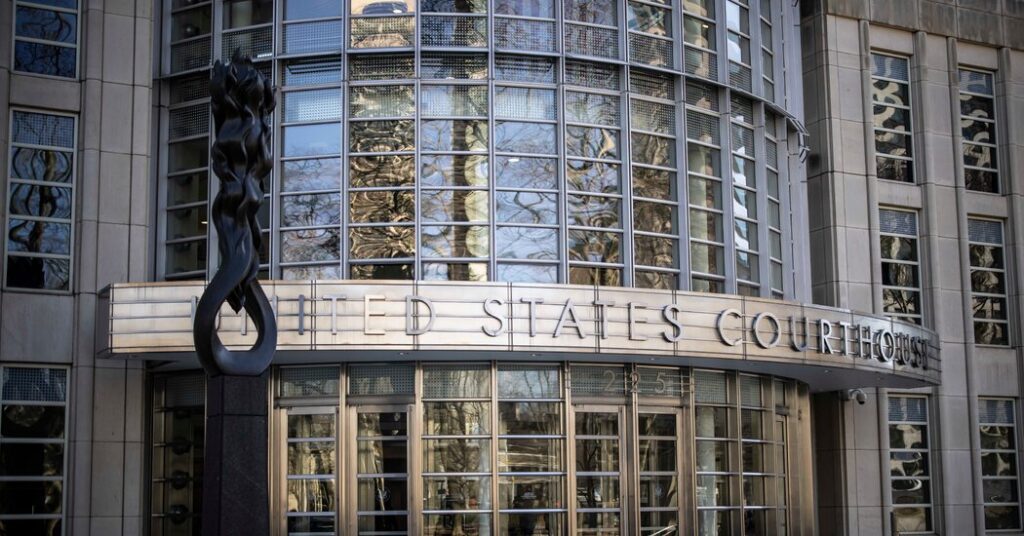Jonathan Braun Charged with Violating Release Terms Following Commutation
Background on Jonathan Braun
Jonathan Braun, a convicted felon whose prison sentence was commuted by former President Donald Trump in January 2021, was arrested on Friday. He now faces allegations of violating the conditions of his supervised release.
Prior to his commutation, Braun was serving a 10-year sentence for charges related to smuggling and distributing marijuana. His release was facilitated through a connection between his family and Charles Kushner, the father of Jared Kushner, a senior adviser to Trump.
Recent Arrest and Charges
During his latest arrest, Braun was arraigned in the Federal District Court in Brooklyn under the watchful eye of Judge Kiyo A. Matsumoto. Prosecutors requested that Braun be held indefinitely without bail owing to the violent nature of his alleged offenses, which include a disturbing incident involving the assault of a 3-year-old child.
Judge Matsumoto expressed concern regarding Braun’s behavior, emphasizing the potential risk to the community: “The behavior is erratic,” she noted. “There’s the potential someone could really get hurt.”
History of Criminal Activity
This arrest marks Braun’s fifth since receiving clemency from Trump. His legal troubles span several years, starting with his indictment in 2010 related to a predatory lending scheme while he was out on bail for drug charges. In 2019, he accepted a plea deal leading to his conviction and subsequent sentencing.
Following his commutation, Braun allegedly returned to engaging in predatory loans, leading to further legal action. In 2024, a New York judge imposed a fine of $20 million against him for violations linked to the Federal Trade Commission.
Details of Braun’s Alleged Crimes
In addition to the aforementioned allegations, Braun’s record includes a series of violent incidents:
- Assaulting a nurse with a pole containing intravenous bags.
- Threatening members of a synagogue.
- Physical abuse towards family members, including his wife and elderly father-in-law.
- Inappropriate conduct involving a nanny.
Judicial Proceedings
During the hearing, Braun appeared visibly agitated, even expressing dissatisfaction with his legal representation. His attorney, Kathryn Wozencroft of the Federal Defenders of New York, sought to have him released on home detention; however, Judge Matsumoto ruled against this request, citing a risk to public safety as well as a history of flight during previous investigations.
Notably, a past incident illustrated this risk when Braun fled to Canada and then Israel after a Drug Enforcement Administration raid in 2009. He eventually returned to the U.S. and was apprehended.
Concerns About the Clemency Process
Braun’s case sheds light on the controversial process behind his commutation. Trump’s administration was criticized for granting clemency in a manner perceived as favoring those with personal connections, often with minimal scrutiny of their criminal backgrounds. This trend included other high-profile clemencies, such as those awarded to Stephen K. Bannon and Elliott Broidy.
In the current administration, the process for reviewing and recommending clemencies has become even less structured, with the Office of the Pardon Attorney playing a diminished role.
Conclusion
The unfolding legal situation surrounding Jonathan Braun raises significant questions about the outcomes of commutations and the effectiveness of oversight in the clemency process. The court’s handling of Braun’s recent charges will likely draw further attention to these issues and their implications for public safety.


